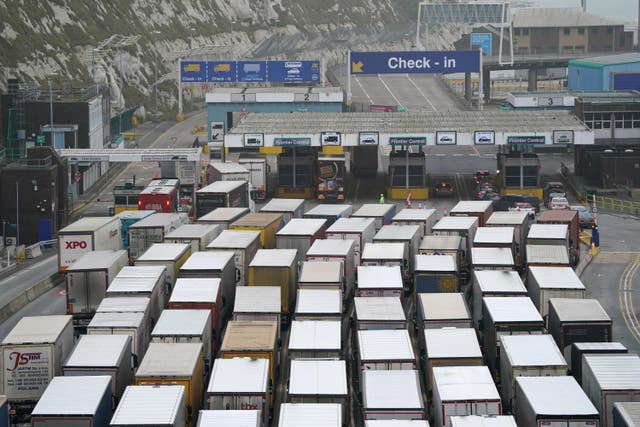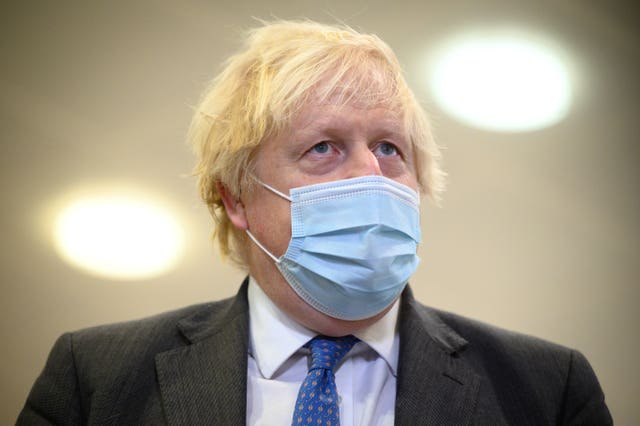On Friday 17 December, Ryan Roberts was sentenced to 14 years in prison for fighting back against police violence at Bristol’s 21 March Kill the Bill demonstration.
Grassroots prisoner support group Bristol Anarchist Black Cross called the sentence “brutal”:
Ryan Roberts was sentenced on the 17th December 2021 at Bristol Crown Court to a total of 14 years in prison. He was convicted of riot and four counts of arson. Three of the sentences run consecutively and only one concurrently, hence the brutal sentence of 14 years. As it is over seven years, it means he has to do two thirds of the sentence. He will do just under a decade in prison.
This weekend, mainstream media outlets are full of the pompous words of judge Patrick decrying Ryan’s actions. Precious few words have been spent, however, discussing the police violence meted out against demonstrators.
I was there on 21 March, and I sat through Ryan’s week-long trial. I am writing this article today in defence of Ryan Roberts, and as a call for people to support him through his sentence.
Ryan – along with his fellow demonstrators – fought back against the police’s violence, racism, and misogyny. The actions of the demonstrators on 21 March were part of the same struggle as the actions of people fighting back against state violence around the world, and we should be proud of them.
So I am calling on you to ignore Patrick’s words of condemnation, and stand with Ryan and the other Kill the Bill defendants. Because in standing together, we will find strength, power, and the will to struggle on with a renewed determination.
What really happened on 21 March
On 23rd March, The Canary wrote:
On Sunday 21 March thousands of people joined a #KillTheBill demonstration in Bristol, part of a weekend of action that saw protests held in many UK cities. By the end of the day in Bristol, at least three police vehicles were on fire, while a hundreds-strong crowd laid siege to a police station.
The Canary‘s Sophia Purdy-Moore witnessed the police violence on 21 March. She said at the time:
I saw police in riot gear hitting protesters round the head with batons. I did also see people at the front throwing bottles at police, but the response seemed disproportionate. The power imbalance felt completely off. At one point it looked as though their horses were going to charge into the crowd of peaceful protesters. The atmosphere was horrendous. There was a real sense of unpredictability and danger in the air after what had been an uplifting day. This all happened while there were still hundreds of people in the crowd (including children)
An October statement in support of Ryan and the other defendants from grassroots groups Bristol Defendant Solidarity and Bristol Anarchist Black Cross wrote:
Protesters sitting in the road were violently attacked [on 21 March]. People were pepper-sprayed, and hit with batons and shields. 62 people were injured in the KTB protests that took place in Bristol in March.
Police repression
82 people have been arrested so far – most of them for riot – following the 21 March Kill the Bill demonstration in Bristol.
Ten of those arrested have pleaded guilty so far. They’ve now received sentences totalling over 49 years in prison. Grassroots groups in Bristol, meanwhile, have condemned the police violence against protesters on 21 March, and have said that they’re proud of the defendants for fighting back against the police.
Ryan has been on remand in HMP Horfield since his arrest in April.
“A fight for the freedom of our speech”
I was in Bristol Crown Court during Ryan’s trial this October.
Ryan joined the protest to demonstrate against the government’s draconian Police, Crime, Sentencing and Courts Bill. He told the court – in his evidence back in October – that he thought the Bill:
would be an end to the right to protest
He went on to say that the struggle against the Bill was:
a fight for the freedom of our speech
The court heard that Ryan was a van dweller. People who live in vehicles are one of the many groups of people who will be criminalised by the police bill.
Ryan also spoke about the murder of Sarah Everard. When asked about why he was chanting “Whose streets, our streets!”, he said it was about the need to:
Reclaim our streets basically, it relates to the Sarah Everard case, and other incidents that have happened with other police forces throughout the country.
The March protest happened against the backdrop of Sarah Everard’s murder by a serving Metropolitan Police officer. Footage of police brutalising women a week earlier at a vigil for Sarah Everard spurred more people to take to the streets against the bill in the days before its second reading. As protests erupted in London and across the UK, the government announced that the bill’s progress through parliament would be delayed. But that didn’t stop people’s anger from spilling onto the streets.
Ryan explained to the court that the turning point in the protest was the police putting on their riot gear and pushing the crowd. This was backed up by Kathryn Hobbs – a defence witness – who was part of an independent group of legal observers on 21 March, and who gave first aid to those injured during the police violence.
Ryan told the court that after the police donned their riot gear what followed was:
pushing, shoving, and hitting with shields and batons
He went on to recount how a close friend was injured by the police, and how he saw several people being hospitalised.
Nicholas Lewin – the barrister defending Ryan – showed the jury footage from the Ruptly news agency – taken on the 21 March – showing a line of police officers in riot gear knocking two people to the ground while repeatedly hitting them with riot shields and kicking them.
Lewin asked detective constable Withey – the officer in charge of the case – whether violence was used on demonstrators. Withey responded:
you can call it violence or you can call it lawful force.
But PC Foster – a prosecution witness – admitted under cross-examination that the violence shown in the Ruptly footage wasn’t “appropriate”.
Defund the police
During his evidence, Ryan explained to the jury why he thought it was necessary to defund the police. He said the police needed to be defunded “because of their actions in Bristol and elsewhere”. Ryan said that government funding that was not channelled towards policing could be spent on:
suicide prevention, protecting people on the streets… child safety, there are lots of other areas that aren’t funded correctly.
The charges
At the end of the trial, Ryan was convicted of riot – a serious offence which carries a maximum ten year sentence. He was also convicted of arson with ‘intent to endanger life’ and several other counts of arson against police vehicles. He was additionally found not guilty of a second charge of arson ‘with intent to endanger life’.
Ryan was – as part of the riot charge – accused of throwing several missiles at the police and kicking at a police riot shield. However, during cross-examination he maintained that his actions were in self-defence.
During the demonstration, Ryan picked up a police baton and used it to smash the windows of Bridewell police station and attack police vehicles. He told the court that he had wanted to cause damage to them.
One of the charges that Ryan was found guilty of was of attempted arson ‘being reckless as to whether life was endangered’. This charge related to a video where Ryan can be seen waving a lit piece of cardboard under a moving police vehicle as it drove away. The court heard evidence from the officer who was driving the vehicle, who said that he was unaware that this had happened until he watched footage from the demonstration later on. The prosecutor in the case implied that Ryan had intended to endanger the life of the seven police officers inside.
The assertion that waving a piece of lit cardboard under the chassis of a moving police vehicle – in wet conditions – could lead to it bursting into flames is – in my opinion – absurd.
The Canary reported what Ryan said during his trial about the other arson charges:
Ryan admitted setting light to rubbish and cardboard underneath police vehicles. When asked why, Ryan said it was:
“to make space between the police and the protesters, seeing as the violence that had occurred before – I didn’t want to see any more.”
Similarly, when questioned about pushing bins up against an already half burnt Ford Cougar police vehicle, Ryan said that it was because the police:
“were going to push us back.”
Footage seen by the court showed that the police did advance on protesters only a short time later
‘They only call it violence when we fight back!’
Judge Patrick has said that Ryan will have to spend two thirds of the sentence in prison. This means he is likely to spend almost a decade in prison for his actions resisting the police on 21 March before being released on license.
In stark contrast, none of the police officers who injured protesters have been punished in any way. At least 62 people were injured by police during Bristol’s Kill the Bill protests in March, but no action has been taken by the police to punish the officers responsible. During Ryan’s trial, DC Withey said that none of the complaints of police violence had been substantiated. This is a small wonder, however, seeing as most complaints are investigated by the police themselves.
The footage shown during Ryan’s trial showed extreme violence against protesters, including the practice of blading – a police tactic which involves striking people with the bottom of a rectangular riot shield. The use of blading in Bristol has been condemned by an All Party Parliamentary Group as “unjustified, entirely excessive” and possibly amounting to “criminal offences against the person“. Despite this no officer has been charged with an offence.
The unevenness of Ryan’s situation reflects the unjust society that we live in.
Anger
People responded angrily at the news of Ryan’s sentence. London Anti-Fascist Assembly tweeted:
After hearing the verdict, people took to the streets of Bristol – marching from the steps of the Crown Court:
Ryan’s actions were part of our common struggle against state violence
What happened on 21 March wasn’t just about a group of police officers pushing a crowd, or even about officers kicking and punching people on the ground.
What happened concerned an authoritarian bill that would criminalise Travellers and van-dwellers like Ryan; a bill that would see more people sent to prison for longer, and would massively restrict people’s ability to take to the streets and protest.
More broadly, the Kill the Bill demonstration should be seen in the context of the murder of Sarah Everard by a serving police office who was part of a misogynist police force, and against the background of the global Black Lives Matter movement, which – less than a year earlier – had risen up against racist police violence.
In the months preceding the demo, two young People of Colour – Mohamud Hassan and Mouayed Bashir – had died after being in Police custody in Newport and Cardiff.
What happened on 21 March was about all of this. It was about the daily acts of repression and violence carried out by the police in all of our communities. It was also about the 1,802 people (at least) who have died in police custody since 1990, about racialised police violence, and about racist policing.
Non-white people are twice as likely to be shot dead by the police in the UK, and a Person of Colour is more than twice as likely to be killed in police custody. In Bristol – if you’re Black – you’re seven times more likely to be stopped and search by the police than if you’re white (according to figures recorded in 2017-18).
In the face of all this, the actions of Ryan Roberts – and the other Kill the Bill demonstrators of 21 March – can be seen for what they are: a brave act of resistance against police and state violence.
Ryan’s actions are just one example of how people struggle against power globally. I have watched many times as people defended themselves against police attacking political demonstrations. I have seen these things playing out here in the UK, but also in Germany, France, and Italy. Further afield I have seen Palestinian protesters using rocks to fight back the Israeli police and army, and Egyptian revolutionaries preventing the police from entering Tahrir Square in 2011 after they torched police and government buildings. In 2015, I saw Kurdish youth barricading their neighbourhoods to prevent the Turkish police and army from entering.
Don’t get me wrong, these situations are all very different, but – on another level – they are all part of the same struggle. In my opinion, what happened on 21 March was simply another manifestation of this global struggle against power, this time on the streets of Bristol.
Police repression is also a global phenomenon. Wherever there are rebels, the state acts to stifle rebellion.
Its up to us to support Ryan through his time in prison, and to take inspiration from the fight which the Bristol Kill the Bill protesters showed on 21 March.
Now – in the face of this authoritarian Policing Bill – we need to carry on the struggle of those arrested after 21 March, and organise to defend our communities against police violence.
Featured image via screenshot/TheBristolActivist
By Tom Anderson
This post was originally published on The Canary.


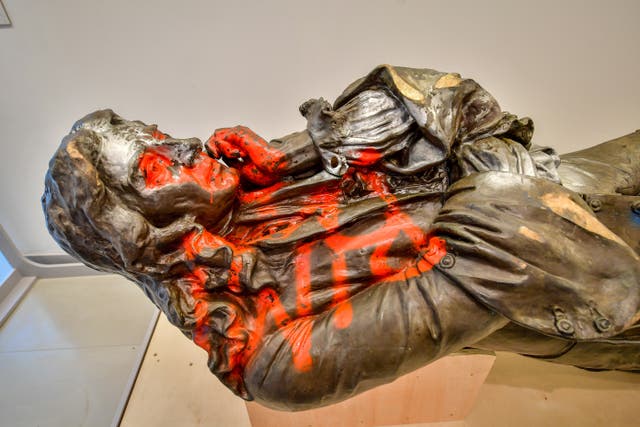

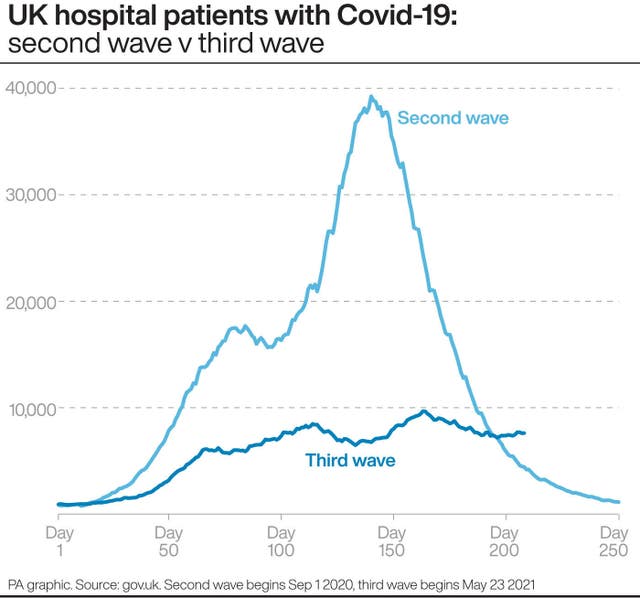
 (@ScotlandXr)
(@ScotlandXr) 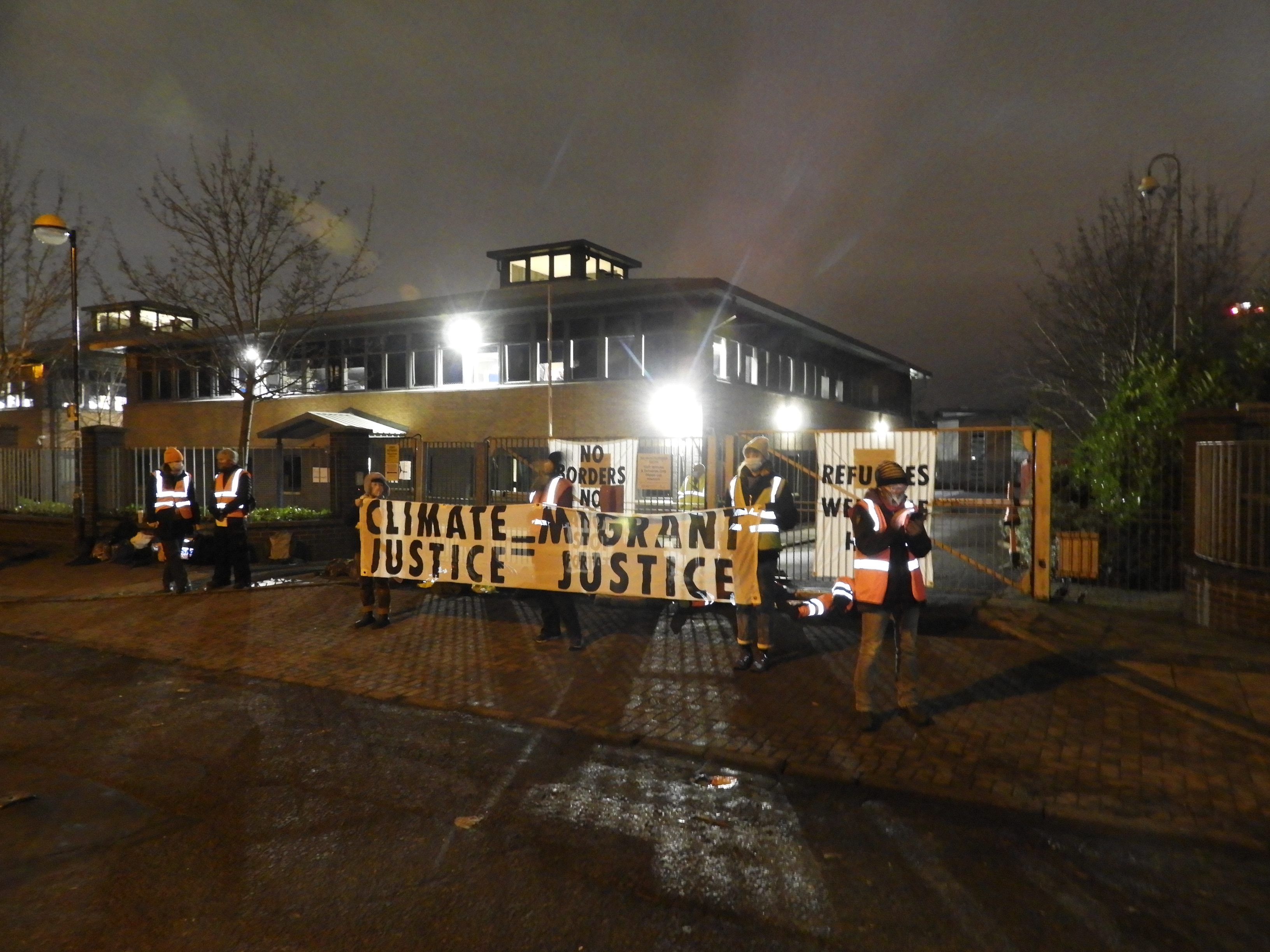
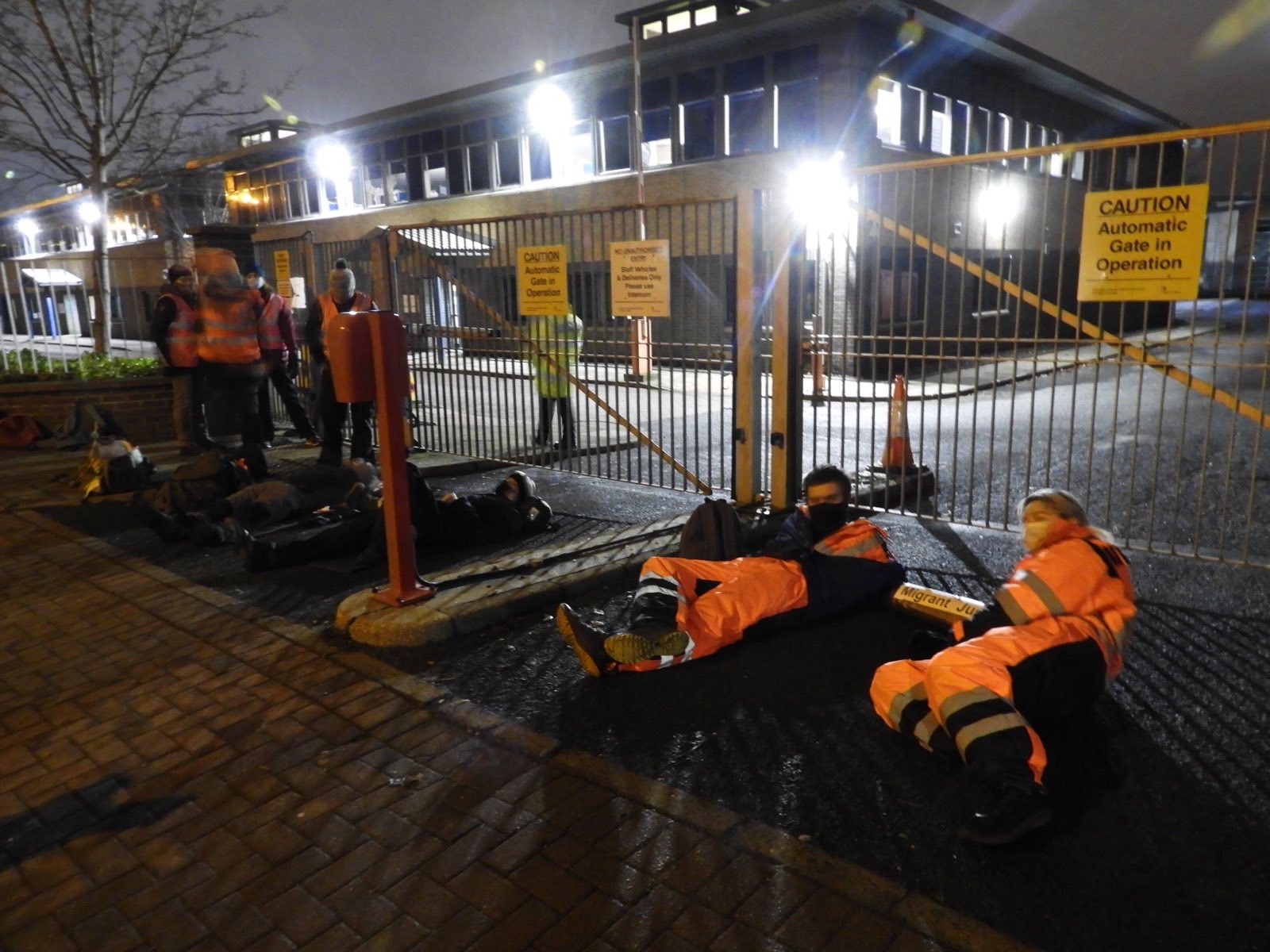
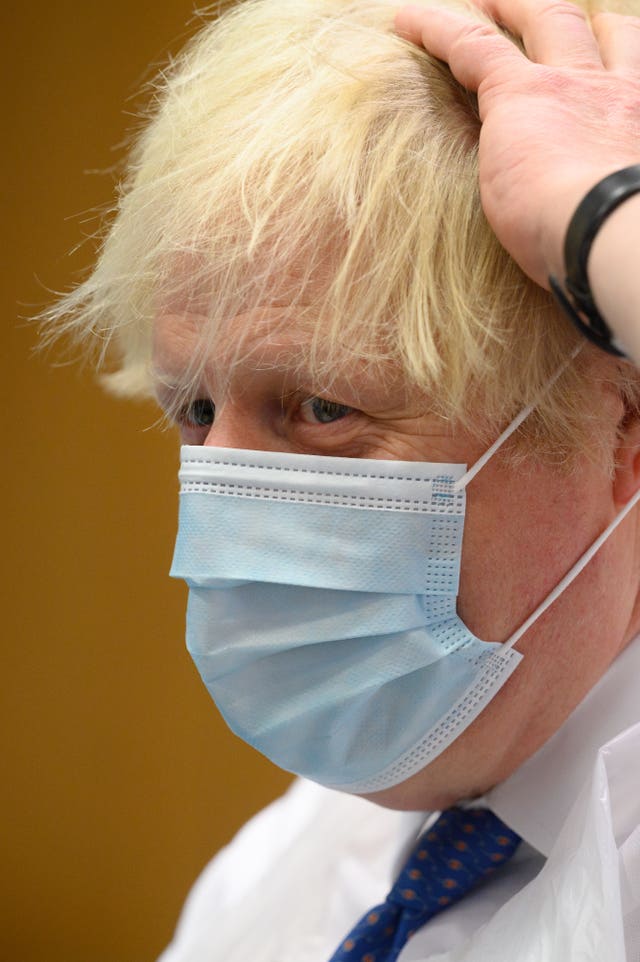

 (@Hanarghhhh)
(@Hanarghhhh)  (@fenwench)
(@fenwench) 




 (@davemacladd)
(@davemacladd) 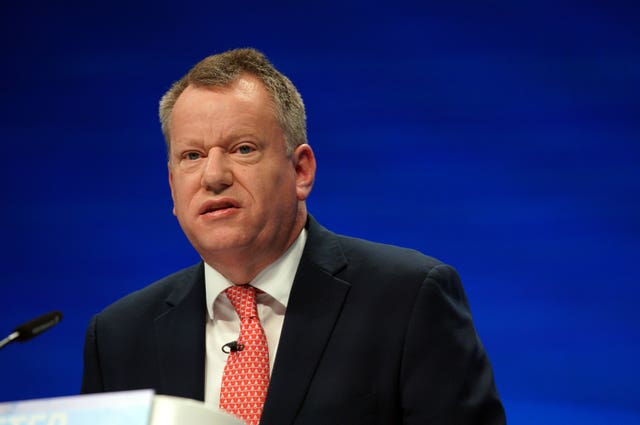
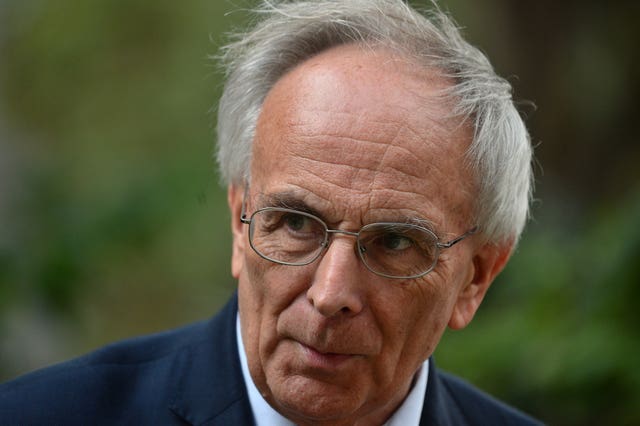



 | NEW: Piers Corbyn has released a song
| NEW: Piers Corbyn has released a song

 ban on carriage, exceptions e.g. German nationals/residents & transit
ban on carriage, exceptions e.g. German nationals/residents & transit